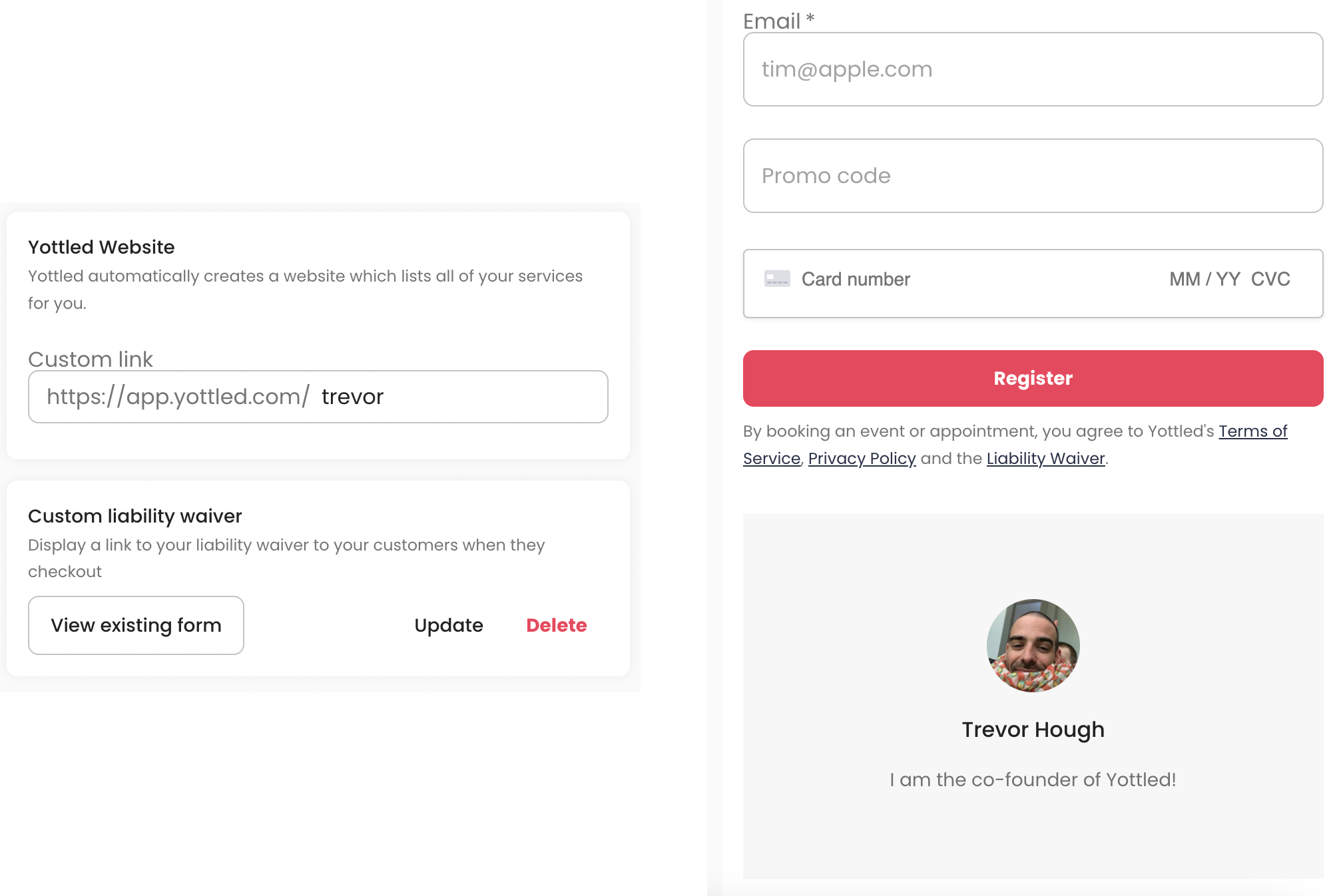Invoice Terms and Conditions to Include When Billing Clients

Invoice terms and conditions can make or break your contract. This is the part of a contract where you clearly explain the services or products being provided, and lay out expectations for you and your client for how the work will happen, when, and how you will be paid. You want to include clauses that protect you as a service provider in the following ways:
- make sure both you and the client understand the product/service offered
- assure you get paid on time
- guarantee deliverables or warranties but not necessarily a product/service’s fitness to provide certain results (this varies by situation)
- provide reasonable safety and mediation options to the contractor and to the client
- set out refund policies
- include privacy statements to protect all parties
- protect intellectual copyright
- allow for terms to terminate the agreement
What To Include in Terms and Conditions
According to TermsFeed, where you can find details to include in your terms and conditions depending on your business service type, small businesses should protect their assets by laying out these terms early on in order to assure smooth business going forward.
Keep in mind that even if you use a template for your invoice terms and conditions, you’ll still want a lawyer to look over any contracts you put together to save you trouble in the long run. Some issues you will want to address up front include the following:
- location of arbitration if needed (usually the home state of the contractor)
- definition of terms — most terms and conditions state up front the definition of each term to clarify meaning
- terms for users in other countries, or terms for users in locations with special privacy laws
- a way to make changes to the contract in the future as agreed on by both contractor and client
Look around for a few templates for your type of small business invoice terms and conditions, and remove anything that doesn’t apply. If you guarantee marketing results, you won’t want a clause that otherwise would be essential stating that you provide products or services “as-is” and not guaranteed to be fit or warranted for any particular purpose. This means you are agreeing to provide deliverables, not guaranteeing they will produce particular results for a business. But if your business does guarantee results, that’s up to you. Contracts can be simple or complex, but they’re a great way to make sure you’re communicating clearly with clients and protecting everyone involved before doing business together.
More on this subject later. It’s a lot to unpack, and different kinds of businesses have special considerations.